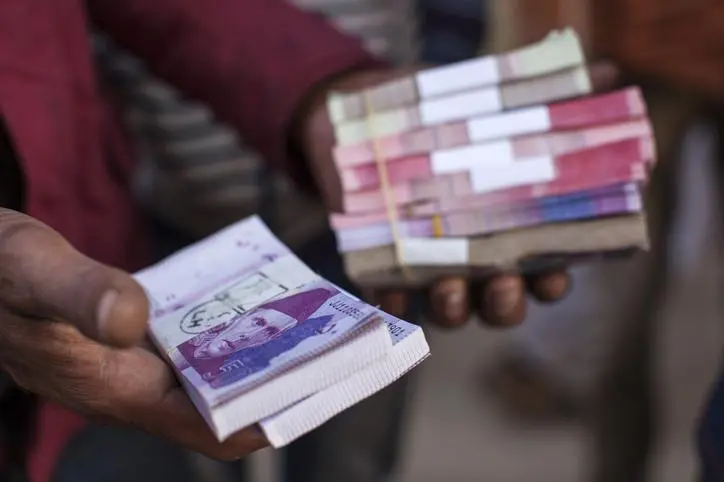PHOTO
The Indian and Pakistani expats in the UAE are making a windfall following the recent decline in their currencies against the UAE dirhams, which helped them pay off their debts earlier than scheduled.
South Asian expats in the UAE told Khaleej Times that they have massively benefitted in the form of reduced EMIs (equated monthly instalments) for the investments made in their home countries due to a decline in both the countries’ currencies against the UAE dirham. This, in turn, helped them to pay off their debt more quickly.
On Wednesday, the Pakistani rupee’s free-fall continued, plunging below an all-time low of 61 against the UAE dirham due to political turmoil in the South Asian country.
The rupee has been consistently sliding since the ouster of the Imran Khan-led Pakistan Tehreek-e-Insaaf government on April 10 this year, falling nearly 20 per cent. The rupee has lost 40.2 per cent against the UAE dirham in the past year, according to xe.com.
Nighat Sher, a Pakistani national residing for nearly two decades, said the rupee’s decline has helped her a lot to save on her EMI.
“I’m able to save nearly 30 per cent on my EMI now as compared to a year ago. I’m paying nearly Dh1,550 now as against over Dh2,150 in 2021,” said Sher.
Similarly, the Indian rupee also hit a record low of 80 against the US dollar (21.8 versus the UAE dirham) this week amid demand for the dollar from oil importers and firm crude oil prices. The Indian rupee has lost nearly nine per cent since January 2022 against the Emirati dirham.
Indian expats in the UAE said they also managed to save funds on their EMIs for their investments in their home country.
"The recent fall in the Indian rupee has come as a boon for those paying EMIs back home. Until a few months ago, we used to remit Dh15,000 to pay our property EMI of Rs300,000. It has now come down to less than Dh13,900," said Dubai resident Prayaga Suresh.
Anurag Chaturvedi, chairman of The Institute of Chartered Accountants of India (ICAI) – Dubai chapter, said currency devaluation against the UAE dirham provides a margin to investors in the UAE against their interests and liabilities in their home country.
Citing an example, he said if an expat invested in the home country by taking an Rs1 million loan in the home country a year back, this Rs1 million in today’s term would be valued at Rs990,000, generating a saving of Rs10,000 due to currency devaluation. After the devaluation, expats can remit more and increase their EMI to quickly repay their loans.
He advised UAE investors to evaluate the investment and take the maximum cap on the Libor rate to maximise the gain from currency rate fluctuation.
Copyright © 2022 Khaleej Times. All Rights Reserved. Provided by SyndiGate Media Inc. (Syndigate.info).





















